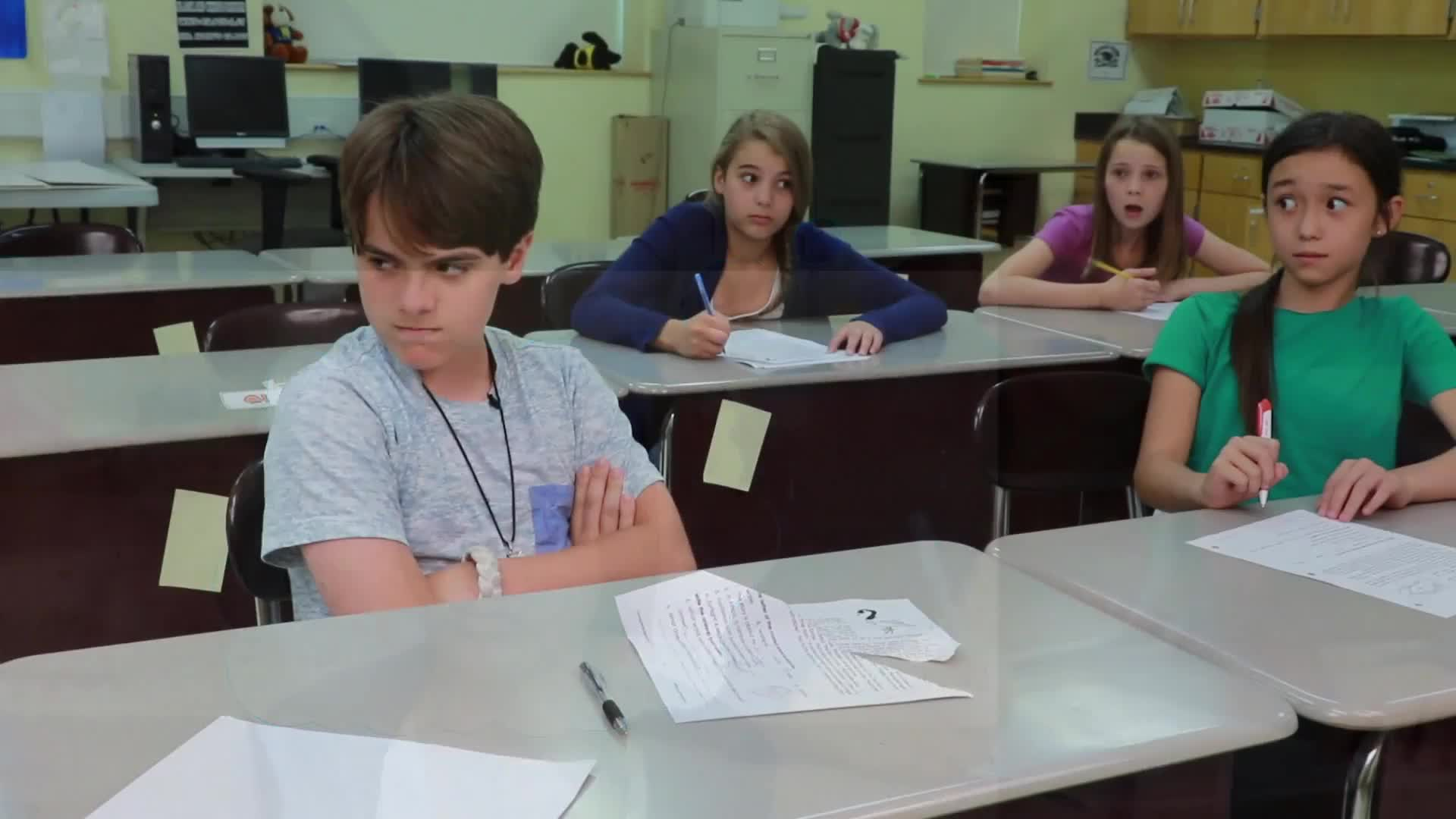
Introduction
As educators, it’s important to teach students how to recognize and manage their own feelings, especially when they feel stressed or angry. Students in Special Education may need additional support in understanding these emotions and learning strategies to calm down. Incorporating principles of Social-Emotional Learning in the classroom can help students develop self-awareness and self-regulation skills, which are essential for success both academically and in life.
No-Prep Activity
Here’s a simple no-prep activity to help students practice recognizing their feelings and using calming strategies:
- Ask students to sit comfortably and close their eyes.
- Invite them to take a few deep breaths, inhaling through their nose and exhaling through their mouth.
- Ask students to think about a situation where they felt stressed or angry, and notice any physical sensations they experienced (e.g., feeling hot, upset stomach).
- Guide students to identify a calming strategy they can use when they feel this way (e.g., taking a break, deep breathing, counting to ten).
- Have students practice their chosen strategy while imagining themselves in the stressful situation.
- Encourage students to share their strategies with the class.
This activity helps students become more self-aware and equips them with tools to manage their emotions effectively.
Discussion Questions
- Why is it important to recognize when we’re feeling stressed or angry?
- How can our emotions affect the people around us?
- What are some strategies you can use to calm down when you’re feeling upset?
- How can recognizing and managing our emotions help us in school and in life?
- What can you do to support a classmate who is feeling stressed or angry?
Related Skills
Developing self-awareness and self-regulation skills is just one aspect of Social-Emotional Learning. Other important skills for students in Special Education include:
- Empathy: understanding and sharing the feelings of others.
- Communication: expressing thoughts and feelings effectively.
- Problem-solving: finding solutions to challenges and conflicts.
- Resilience: coping with setbacks and maintaining a positive attitude.
- Collaboration: working well with others and contributing to a group.
Next Steps
Ready to further support your students’ Social-Emotional Learning journey? Sign up for free samples of skill-building activities and resources at Everyday Speech. These materials are designed to help educators like you foster a supportive and inclusive classroom environment where students can grow and thrive.





